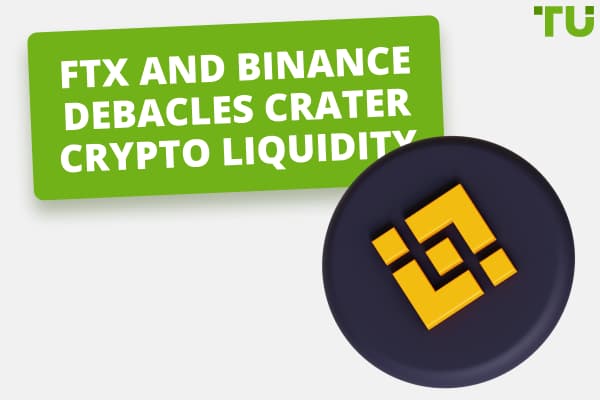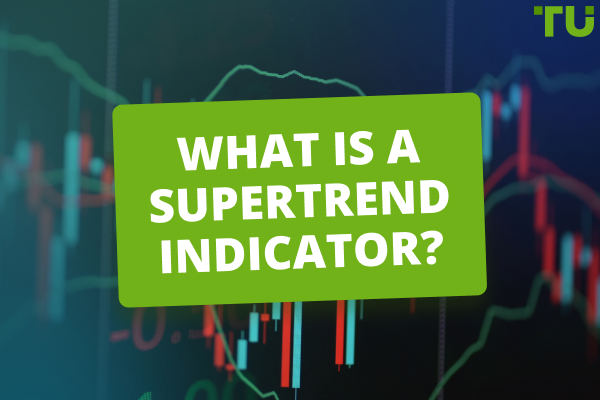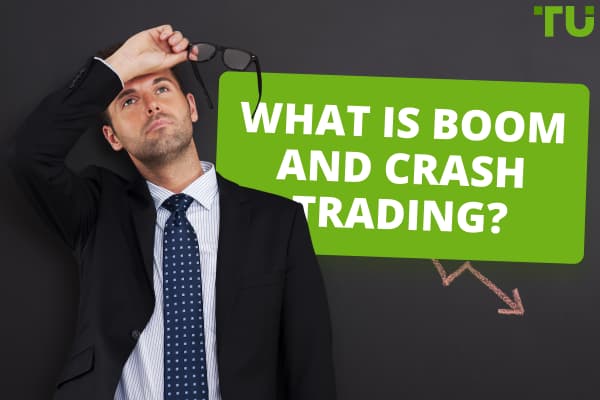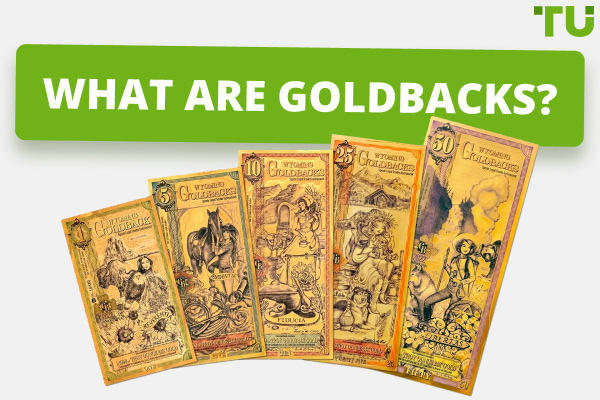What Are Play-to-Earn NFT Games?
Play-to-earn NFT games are a revolutionary type of gaming experience where players can actively participate in the game's economy and earn real-world rewards. These rewards come in the form of in-game items, currencies, or even virtual land, all represented by non-fungible tokens (NFTs).
The convergence of blockchain technology and gaming has birthed a new phenomenon: NFT gaming, where players can earn real-world rewards through in-game activities. This "play-to-earn" model has taken the gaming world by storm, attracting millions of players and generating billions of dollars in revenue. But is this a genuine revolution in gaming or just another overhyped bubble destined to burst?
This unique blend of gaming and blockchain technology has created a new paradigm of game design where players are no longer simply consumers, but active contributors to the game's ecosystem.
Start investing in NFT right now with ByBit!How do play-to-earn games work?
-
The foundation of play-to-earn games lies in NFTs. These digital tokens represent unique and verifiable ownership of in-game items, characters, land parcels, and other assets. NFTs are immutable and scarce, creating a sense of digital scarcity and value within the game's economy
-
In-game items and currencies are often represented by tokens, which players can earn through various activities like completing quests, winning battles, or participating in governance decisions. These tokens can be traded on secondary markets for real-world currency, allowing players to monetize their time and efforts within the game
-
Many play-to-earn games operate on blockchain networks, creating a decentralized and transparent environment. This empowers players and removes the need for centralized authorities or intermediaries, leading to a more equitable and open gaming experience
-
Play-to-earn is the central theme of these games. Players can earn real-world rewards for their time and engagement within the game. This can be a powerful motivator for players, fostering a sense of ownership and investment in the game's success
Best Crypto Exchanges With NFT Trading
ByBit
Bybit is a cryptocurrency derivatives exchange with a comprehensive set of advanced tools to help you manage your cryptocurrency portfolio. It offers high liquidity, reliable no-downtime guarantees, and a unique P2P platform.
Since it was founded only a couple of years ago, it has grown rapidly into a one stop crypto destination, and has been trading over $1B worth of crypto per day.
With Bybit, you can trade leveraged margin, derivatives, and NFTs on the same platform. In Bybit's NFT Marketplace, users can list and trade Non-Fungible Tokens (NFTs) such as digital art, collectibles, game tokens, metaverses, etc. Bybit Spot Account holders can buy NFTs with ETH, BitDAO (BIT), XTZ, or USDT.
Binance
Binance is one of the largest and most popular cryptocurrency exchanges in the world. The exchange was launched in 2017 during the time of the hype for digital assets, and over the years it managed to win the trust of hundreds of thousands of customers. Binance offers customers over 300 cryptocurrencies and tokens from which to choose, and the list is constantly updated with new coins. In addition to trading cryptocurrencies, Binance launched a proprietary marketplace in 2023 where users can work with NFTs.
Binance NFT allows traders to trade NFTs of any type. Any user of the exchange can publish a token, approval from the administration is not required. Payment for NFTs is made in Ethereum, Binance Coin, or Binance USD. To trade both cryptocurrencies and NFTs on Binance only one trading account is necessary.
Some popular play-to-earn NFT Games
-
Axie Infinity: This monster-battling game is considered the pioneer of play-to-earn gaming. Players collect, breed, and battle Axies, earning tokens for their victories and breeding new Axies. Axie Infinity has experienced explosive growth, boasting millions of players and generating billions in revenue
-
Decentraland: This virtual world allows players to purchase and own land parcels represented by NFTs. Players can then develop their land, create experiences, and monetize them through various means like advertising, hosting events, or selling virtual goods. Decentraland offers a glimpse into the future of virtual economies and ownership in the metaverse
-
The Sandbox: Similar to Decentraland, The Sandbox is another virtual world where players can own land, build experiences, and monetize their creations. The Sandbox focuses heavily on user-generated content, enabling players to design and build their own games, experiences, and assets
Profiting from play-to-earn NFT Games
Play-to-earn NFT games and programs present exciting opportunities for both traders and gamers to generate profits. Here's a breakdown of the various ways you can leverage these platforms for financial gain.
Direct In-Game Earnings
-
Most play-to-earn games reward players with tokens or NFTs for completing quests, winning battles, participating in events, and other in-game activities. These rewards can be directly sold on secondary markets for real-world currency
-
Many play-to-earn games allow players to breed and create new NFTs, such as characters, items, or land parcels. These NFTs can then be sold on secondary markets, potentially generating significant profits depending on their rarity and demand
-
Some games offer staking mechanisms where players can lock their tokens to earn additional rewards or participate in governance decisions influencing the game's future development
Content creation and community building
-
Skilled players can attract a following by streaming their gameplay on platforms like Twitch or YouTube. This can generate income through subscriptions, donations, and sponsorships
-
Players can monetize their knowledge by creating and selling guides, tutorials, or other content related to the game's mechanics, strategies, and profitable activities
-
Players can create and lead guilds or communities within the game, offering training, resources, and social interaction for other players. These communities can be monetized through subscriptions, merchandise sales, or partnerships
NFT trading
-
Traders can purchase NFTs within the game, such as characters, items, land parcels, and other digital assets. They can then hold onto these NFTs for long-term appreciation or flip them on secondary markets for a quick profit
-
Traders can rent out their NFTs to other players, generating passive income without actively playing the game
-
Skilled traders can analyze the game's economy and market trends to identify profitable opportunities for buying and selling NFTs at opportune times
Token trading
-
Traders can buy tokens within the game with the hope of their value increasing over time. These tokens can then be sold on secondary markets for a profit
-
Traders can provide liquidity to the game's token markets by depositing their tokens into decentralized exchanges or liquidity pools. This allows players to buy and sell tokens more easily while earning rewards for the traders
-
Traders can utilize DeFi protocols within the game's ecosystem to earn additional income through lending, borrowing, and other financial activities
Play-to-earn economic models
The economic model of play-to-earn NFT games rests on the premise of scarce digital assets represented by NFTs. These assets, whether in-game items, characters, or land parcels, hold value due to their limited supply and player demand. Players can earn these assets through gameplay and subsequently sell them on secondary markets for real-world currency. While this model has proven wildly successful in the short term, questions remain about its long-term sustainability. Potential challenges include:
-
Some critics argue that the value of NFTs in these games is purely speculative, lacking real utility or purpose beyond earning rewards
-
The influx of new players and potential inflation of in-game tokens could lead to economic instability and ultimately devalue the rewards earned by players
-
Concerns exist about the potential for exploitation of players, particularly in emerging markets where play-to-earn income may be significant
The Future of play-to-earn gaming
While play-to-earn games have gained significant traction, their future remains uncertain. Several challenges need to be addressed for this new paradigm to achieve long-term success:
-
Concerns exist about the long-term economic viability of these games, particularly regarding inflation of in-game tokens and the potential for manipulation
-
Some argue that the play-to-earn model could exploit players, especially in regions with lower income levels, where reliance on in-game earnings may be high
-
As the industry grows, regulatory scrutiny is inevitable. Governments need to establish clear frameworks for regulating these new virtual economies
Regulation and its impact on the play-to-earn ecosystem
As the NFT gaming space continues to grow, regulatory scrutiny is inevitable. Governments and regulatory bodies are still grappling with how to categorize and regulate these new virtual economies. Potential areas of concern include:
-
Implementing anti-money laundering and know-your-customer (AML/KYC) regulations could pose challenges for decentralized platforms and anonymous transactions
-
Governments may seek to tax in-game earnings, which could impact player income and affect the overall economic model
-
Regulations may be introduced to protect players from fraudulent or manipulative practices within the play-to-earn ecosystem
Potential daily and weekly earnings: an example
Axie Infinity remains one of the most popular play-to-earn NFT games, offering various ways to earn income. Here's an example of what a dedicated player can potentially earn:
Daily Earnings
-
Arena Battles: Winning arena battles rewards players with Smooth Love Potion (SLP) tokens. A skilled player can earn approximately 50-100 SLP per day, which translates to roughly $5-$10 in USD based on current market prices
-
Completing Daily Quests: Daily quests often involve breeding Axies, participating in events, or winning specific battles. These quests reward players with SLP, adding another $1-$5 to daily earnings
-
Breeding and Selling Axies: Breeding rare and sought-after Axies can be highly lucrative. A single rear Axle can be sold for hundreds or even thousands of dollars. However, breeding success is not guaranteed and requires significant investment and expertise
Total Daily Earnings
Considering only Arena battles and daily quests, a dedicated player can potentially earn $6-$15 per day playing Axie Infinity. This amount can significantly increase with successful breeding and selling of Axies.
Weekly Earnings
Multiplying the daily earnings by seven, a dedicated player can potentially earn $42-$105 per week solely from playing Axie Infinity. This amount can vary depending on their skill level, market conditions, and participation in breeding and selling Axies.
Conclusion
The rise of NFT gaming has undoubtedly transformed the landscape of the gaming industry. While the potential for a "play-to-earn revolution" is undeniable, the long-term sustainability of this model remains to be seen. Addressing concerns regarding economic stability, player exploitation, and regulatory compliance will be crucial for the long-term success of this innovative gaming paradigm. The future of NFT gaming hinges on its ability to evolve and adapt to these challenges while fulfilling its promise of creating a rewarding and engaging experience for players. As the industry continues to evolve, it will be fascinating to watch how NFT gaming navigates these challenges and shapes the future of gaming entertainment.
Team that worked on the article
Thomas Wettermann is an experienced writer and a contributor to the Traders Union website. Over the last 30 years, he has written posts, articles, tutorials, and publications on several different high tech, health, and financial technologies, including FinTech, Forex trading, cryptocurrencies, metaverses, blockchain, NFTs and more. He is also an active Discord and Crypto Twitter user and content producer.
Dr. BJ Johnson is a PhD in English Language and an editor with over 15 years of experience. He earned his degree in English Language in the U.S and the UK. In 2020, Dr. Johnson joined the Traders Union team. Since then, he has created over 100 exclusive articles and edited over 300 articles of other authors.
Tobi Opeyemi Amure is an editor and expert writer with over 7 years of experience. In 2023, Tobi joined the Traders Union team as an editor and fact checker, making sure to deliver trustworthy and reliable content. The topics he covers include trading signals, cryptocurrencies, Forex brokers, stock brokers, expert advisors, binary options.
Tobi Opeyemi Amure motto: The journey of a thousand miles begins with a single step.












